If you dive beneath the buzzwords at a tech conference, there’s always some interesting insights and ideas to be found.
Held in Toronto, Canada, Collision 2024 brought together 37,832 attendees from 117 countries, all eager to discuss the latest innovations in tech. As well as having many thought-provoking conversations with fellow attendees, I also spent time listening to various talks on a plethora of topics.
Here are some ideas and quotes from speakers that I found most interesting.
Climate
Calling bullshit on net zero
Peter Fiewkowsky, philanthropist and MIT physicist, and Carole Douglis, climate journalist, discuss how reaching net zero by 2050 (that many corporations are working towards) is the wrong goal. Instead, climate restoration should be the target.
Peter explains, “the concept of net zero was developed decades ago and simply acknowledges that global warming is caused by CO2 emissions. That was all good and well before the 1980s, but it lost relevancy once CO2 got above a level that was safe for humans.”
Carole adds, “we have to take the carbon that’s already in the atmosphere and get the climate back to pre-industrial levels.” She explains that biomimicry methods copy and accelerate how nature manages CO2, which can help to restore the ecosystem.
Big tech won’t save us, but maybe indigenous tech can
Nathalie Keeley, actress of Quechua descent, speaks about the important of listening to indigenous insights in the battle against climate change:
“I want to liberate technology from the hands of corporations who have designed them to enslave us to a society of monoculture, to a consumer culture that separates us further from the source of life. It’s not progress if it wreaks havoc on our environment. We’re here lauding and applauding high tech, but we should be talking about the alternatives: low tech using local, traditional knowledge.”
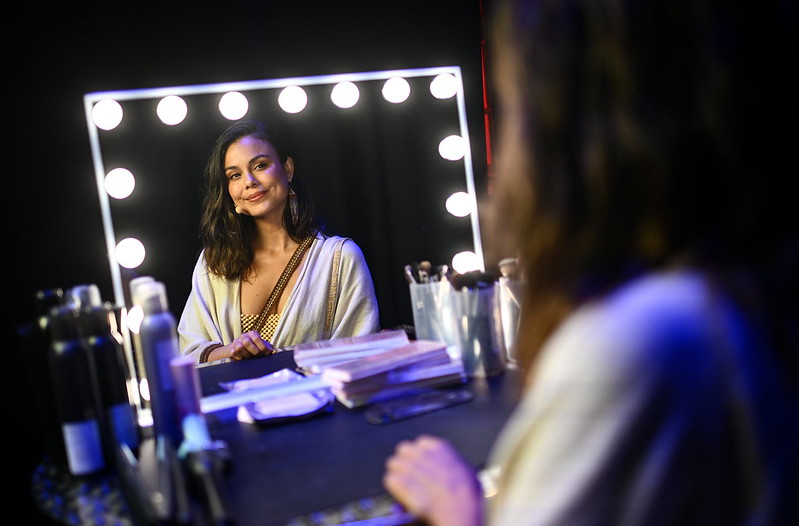
Media & News
The truth has to come first
Betsy Reed, editor-in-chief at the Guardian US, Swati Sharma, editor-in-chief at Vox and Julie Pace, executive editor at Associated Press discuss how people are getting their information from sources that aren’t credible, and how news burnout is real.
They express that there’s a huge lack of trust for traditional news and media outlets, and how these organisations are trying to build back that trust. There’s always a slight tension between speed and accuracy in digital journalism. Everyone wants to be the first to tell a story — it’s the nature of this business. But accuracy should always come first.
Good intentions won’t create social change
DeRay McKesson, civil rights activist, talks about how technology and social media has allowed stories to spread quickly. When it comes to activism, the result on a platform like TikTok is that people often get focussed on things that don’t matter. Although when people engage and share those videos it’s with good intentions, it often spreads information and draws attention to topics that aren’t top of the list of priorities of the issue or movement in question.
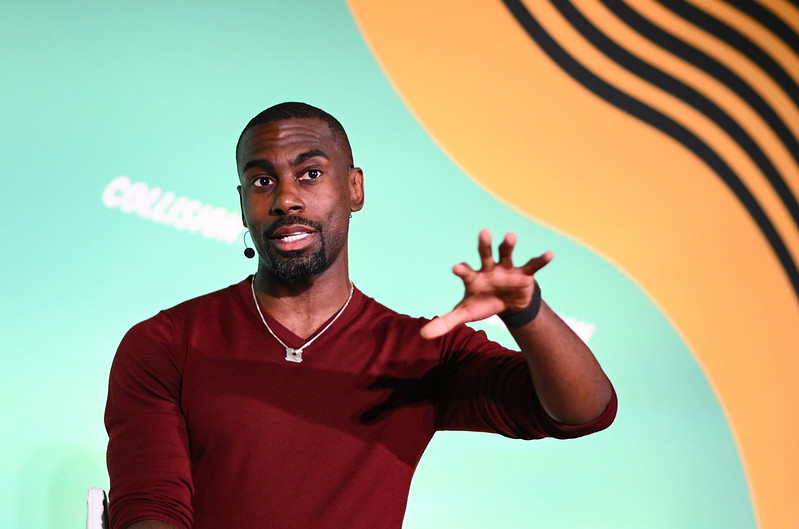
Artificial intelligence
Is AI really changing the world?
During a panel discussion, Alex Israel, co-founder and CEO at Metropolis Technologies expresses how “people overestimate new tech in the short term and underestimate it in the long term. AI is overhyped and there’s a misunderstanding about how to leverage it and what is truly an AI-driven solution.”
AI doesn’t detract from human value
There’s always talk of whether or not AI will take over all our jobs — especially for writers when it comes to generative AI. However, Neil Patel, co-founder of NPD and SEO guru isn’t worried. “Human written content has x5 more traffic over time, compared with AI-created content. Humans have expertise, experience, authority and trustworthiness, which is always better than emotionless AI-generated content,” Neil declares.
Can we differentiate between synthetic and human emotions?
Bryony Cole, founder of the Future of Sex explores the impact AI has on our relationships. “[Millennials / gen X / boomers] grew up in a world without the internet, and we’ve adapted to it. But with AI it’s more insidious — it can understand your emotions and respond accordingly. Children born today don’t know a world without AI, so how do we educate them on the difference between synthetic and human connections?”
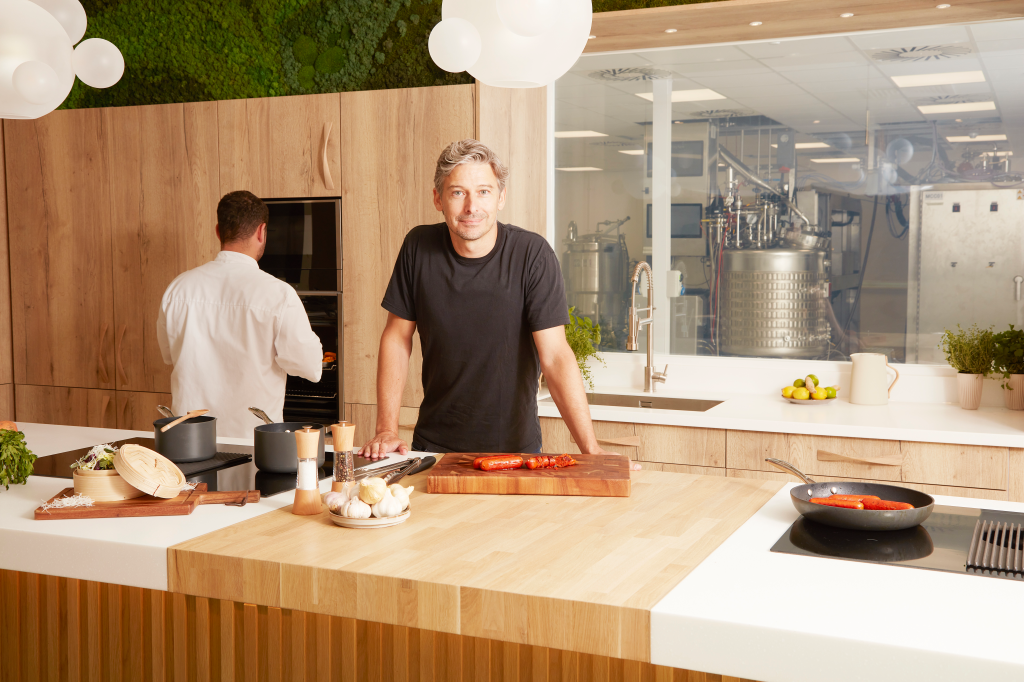
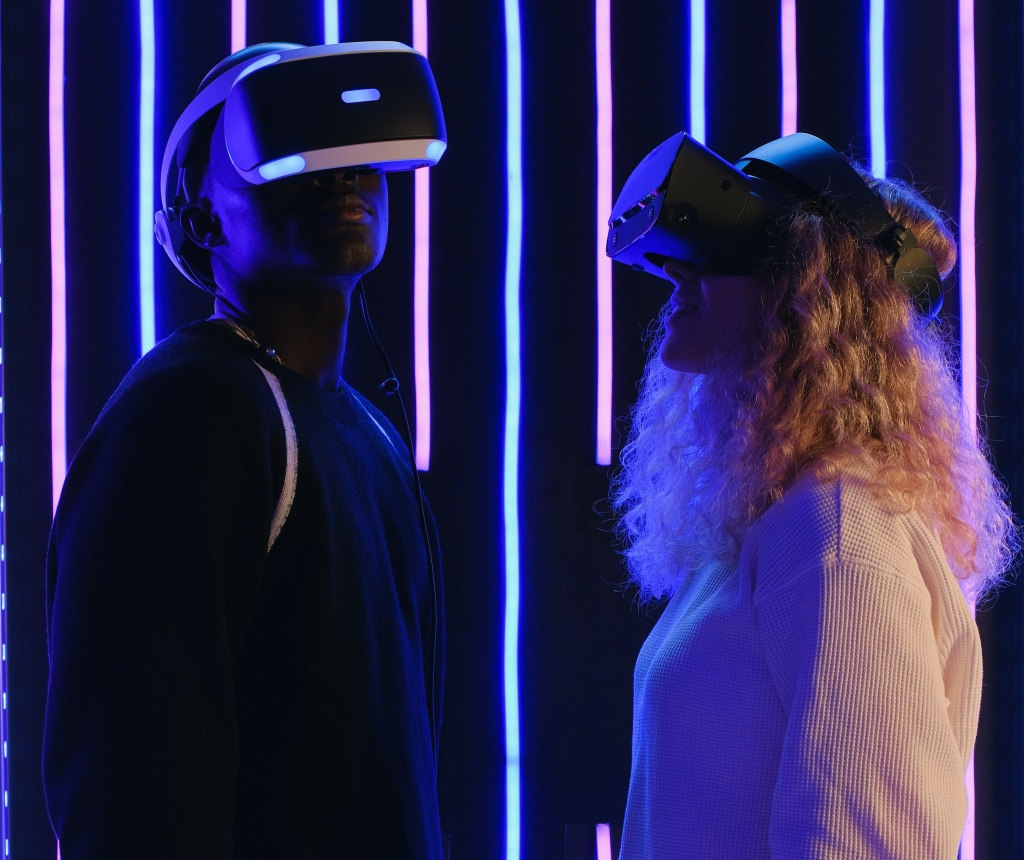
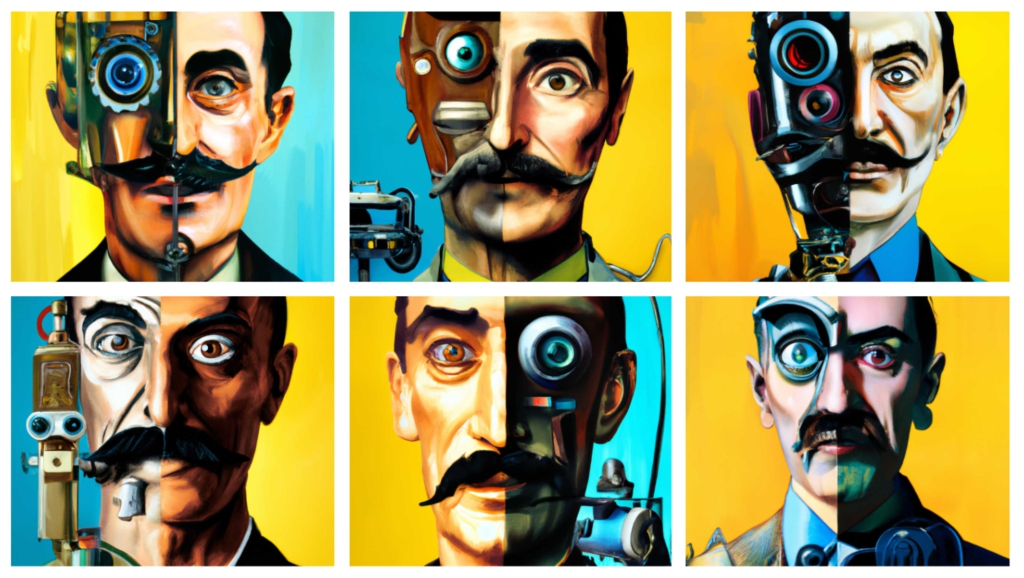
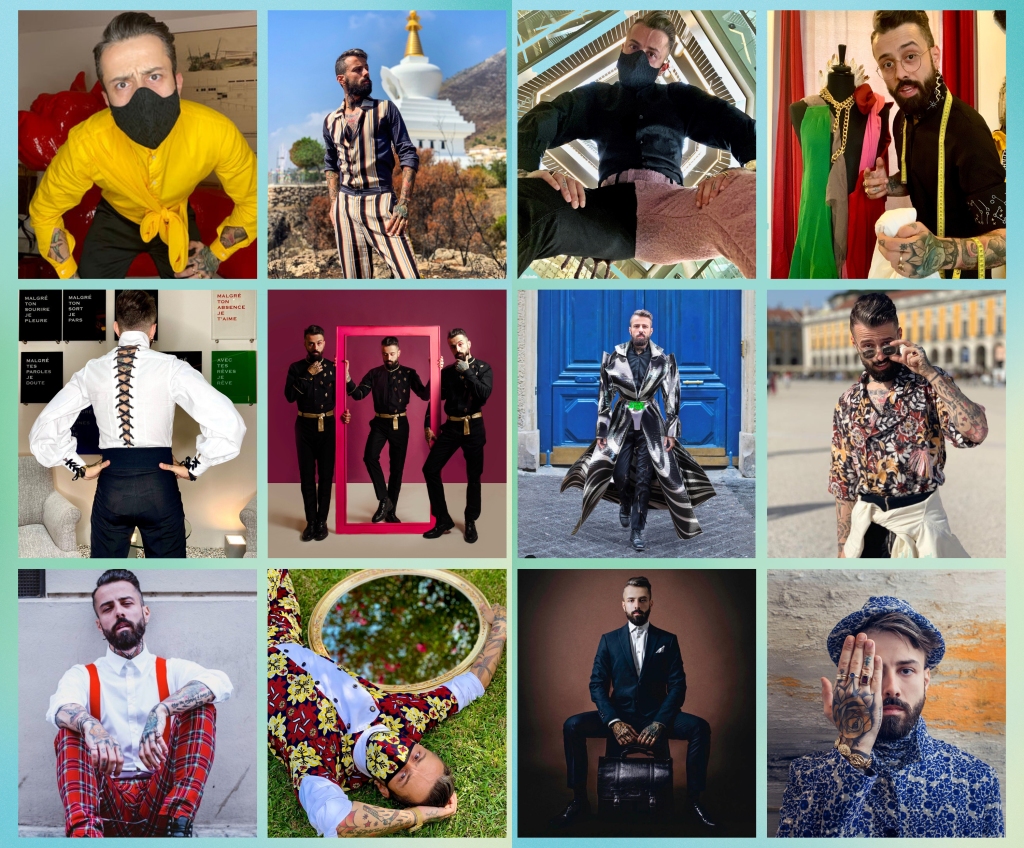
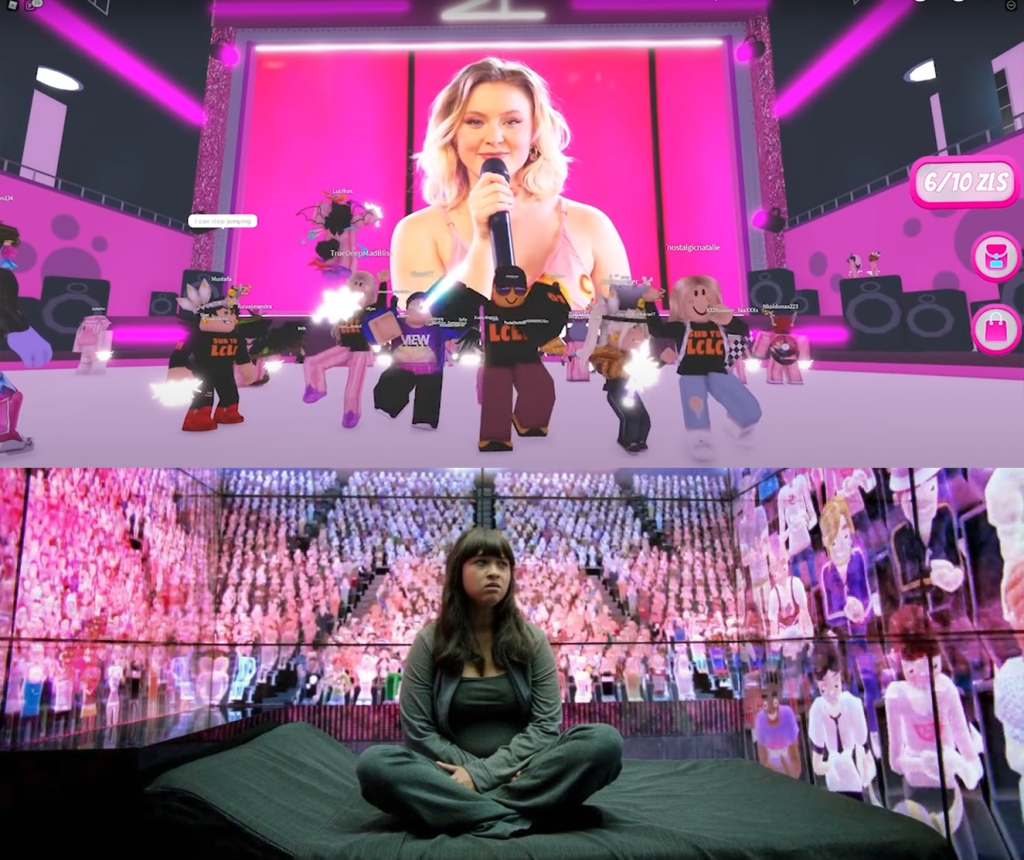
Leave a comment